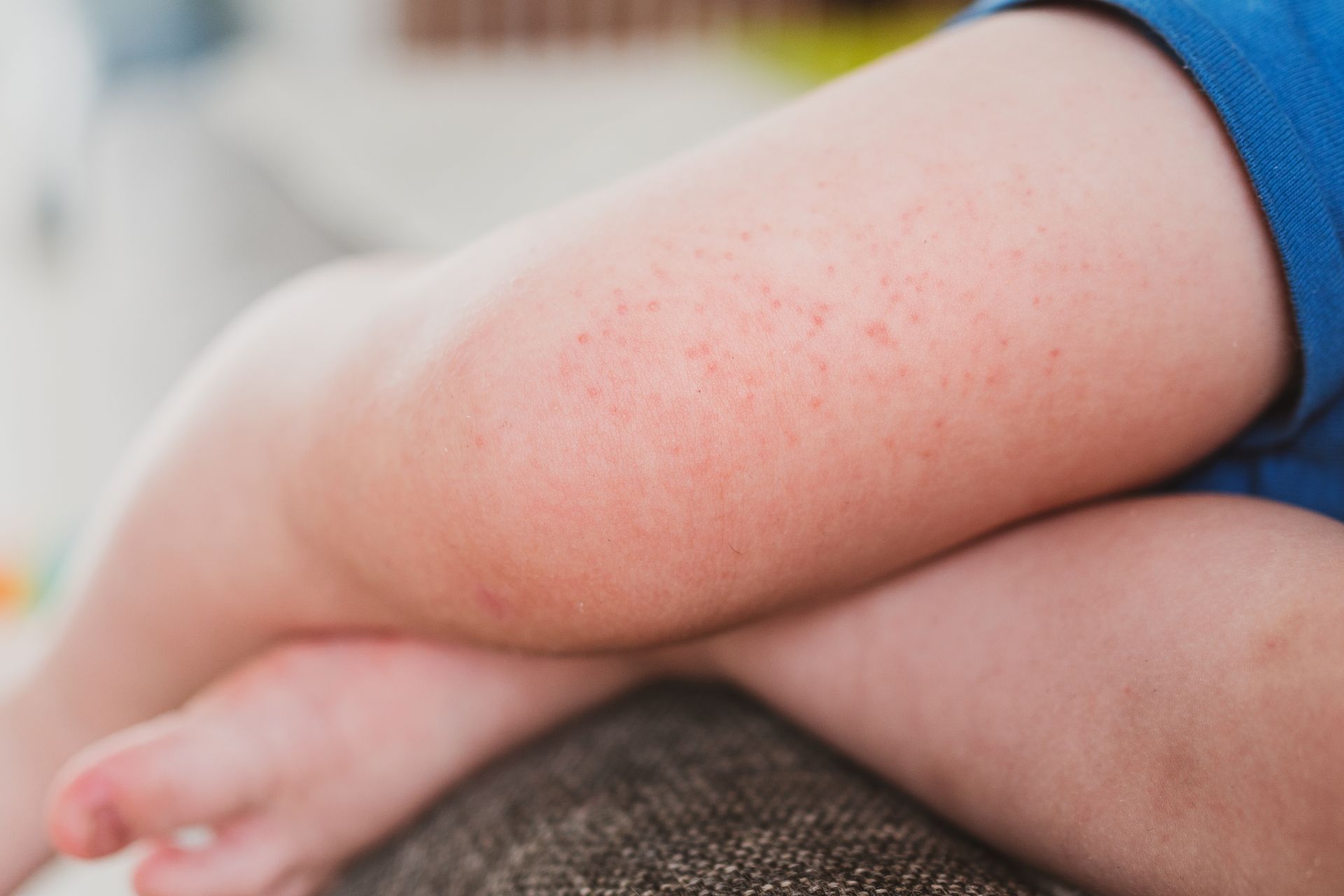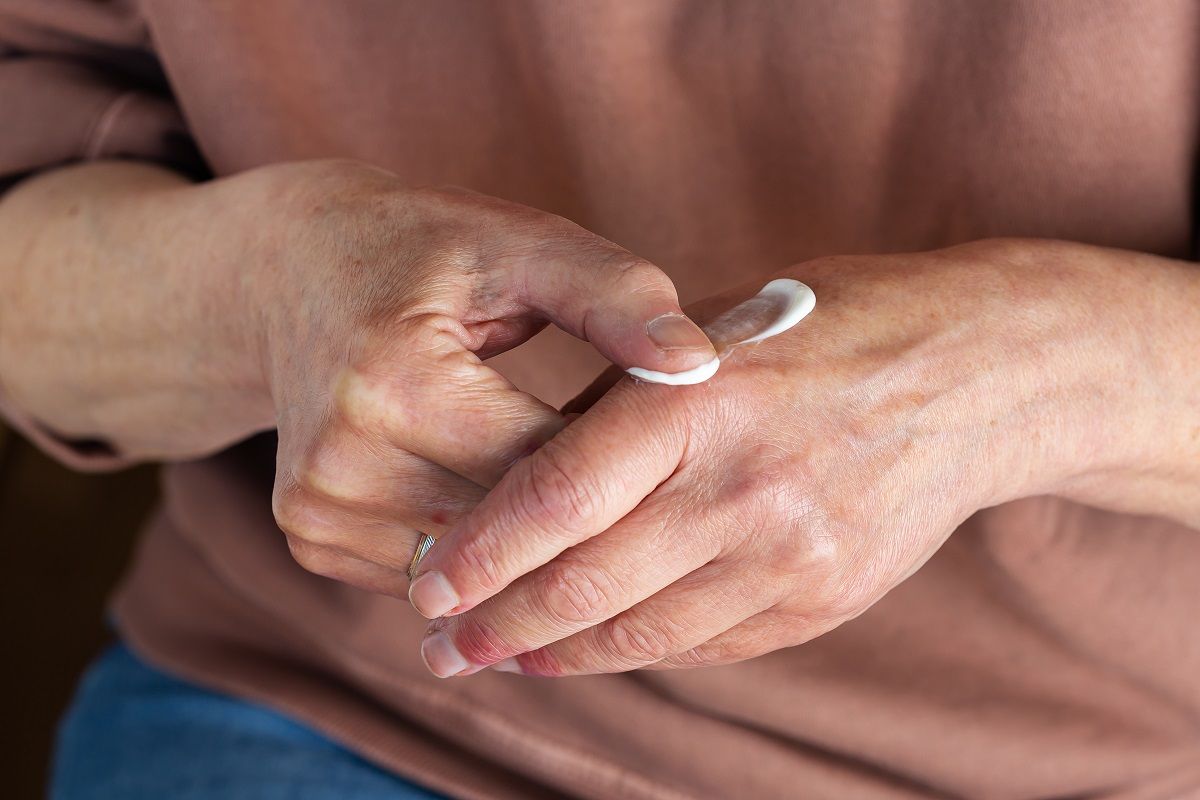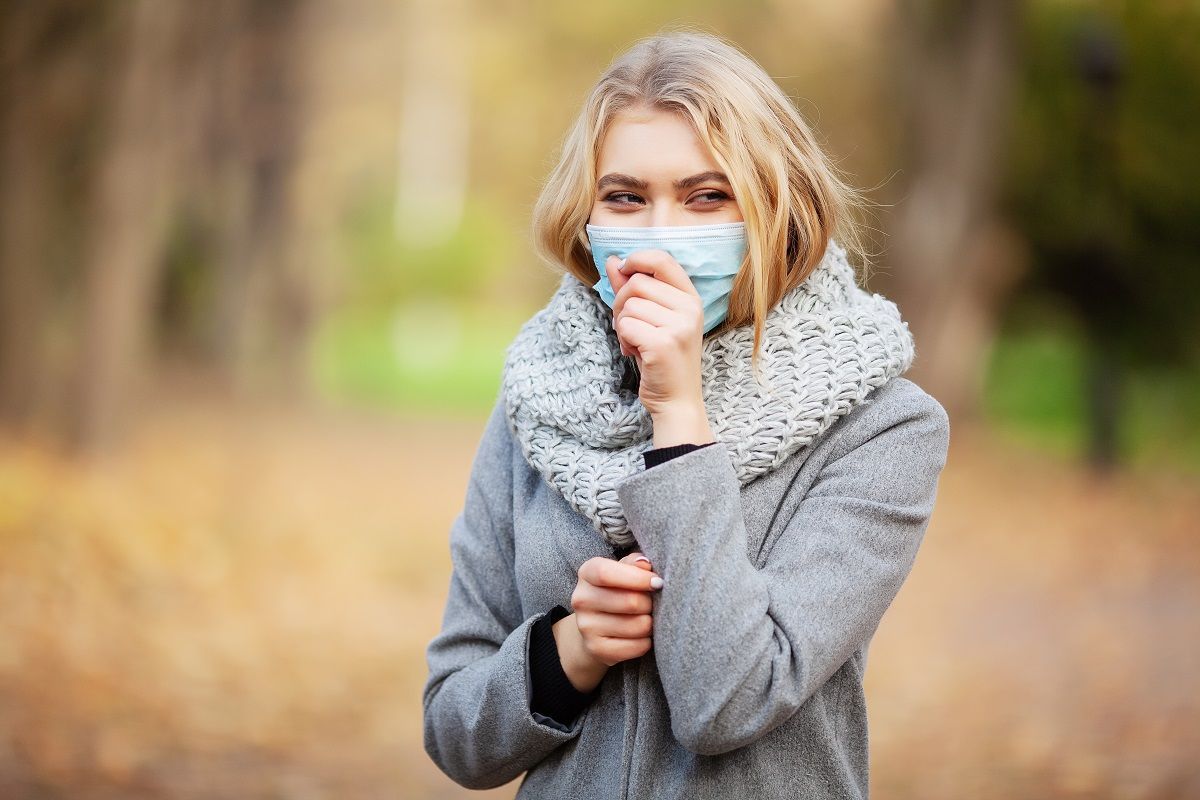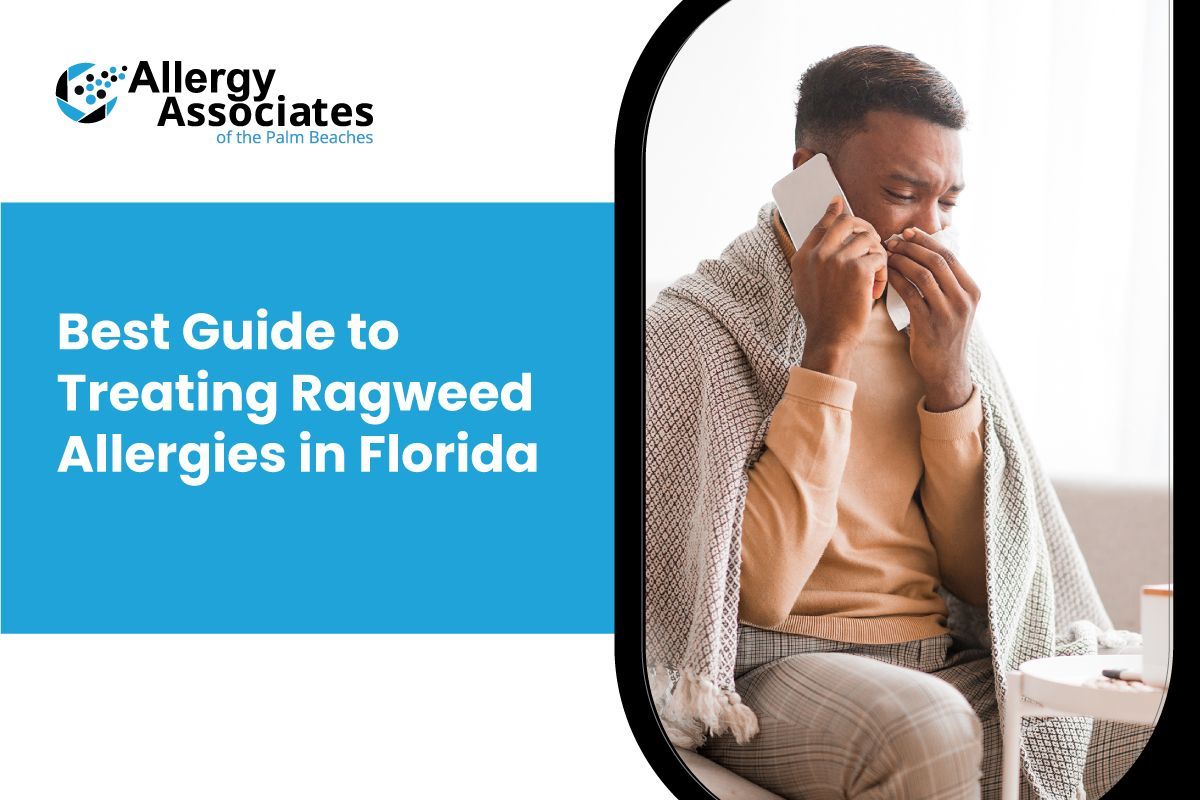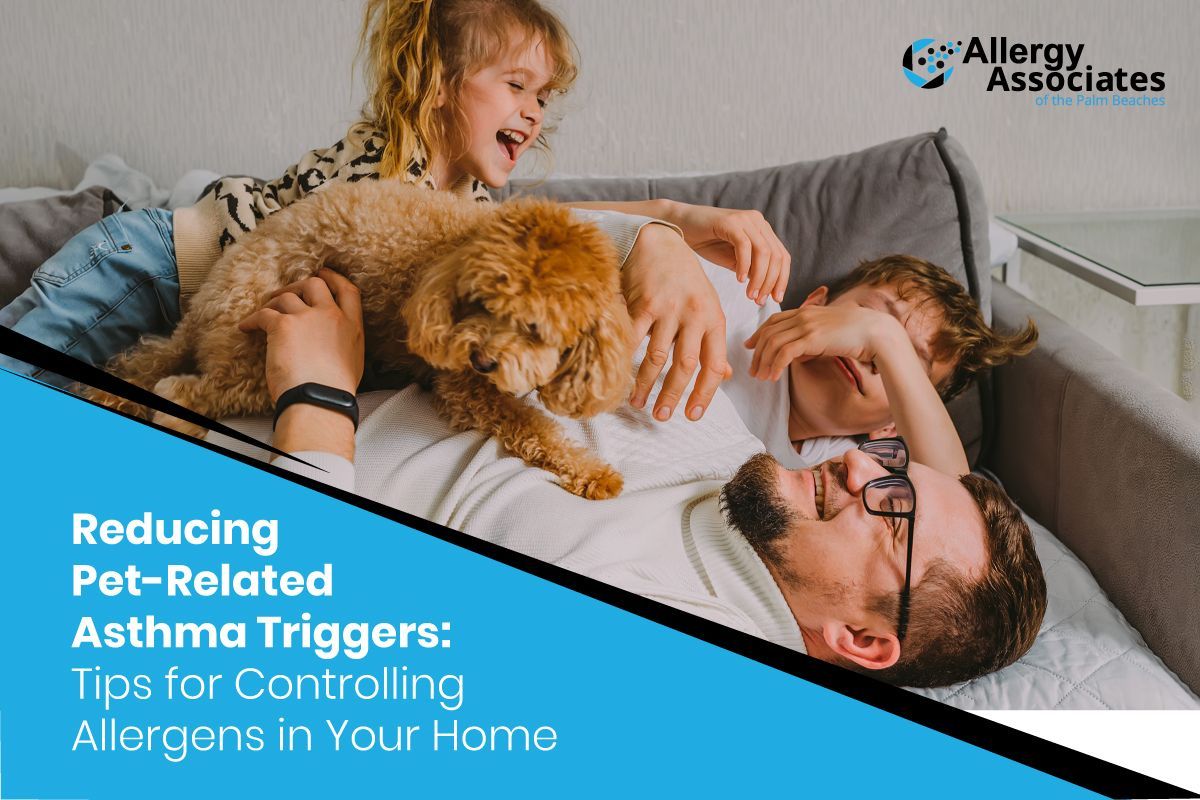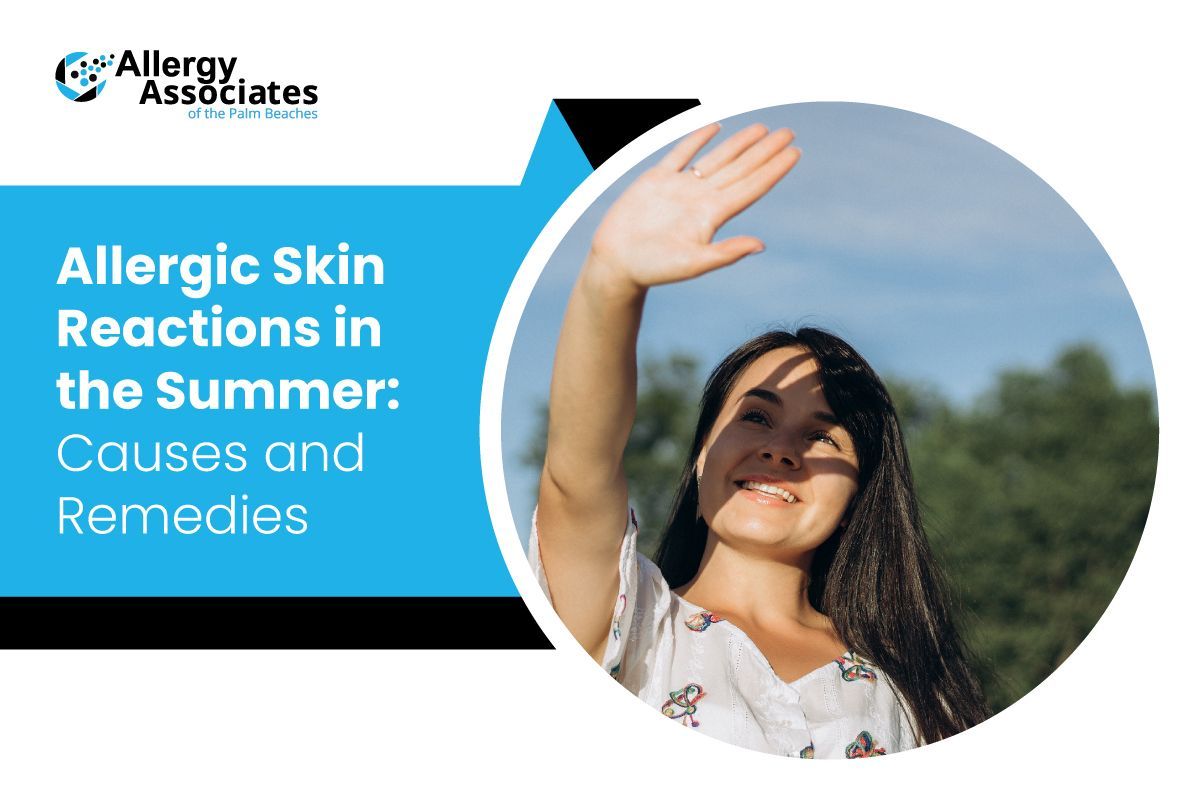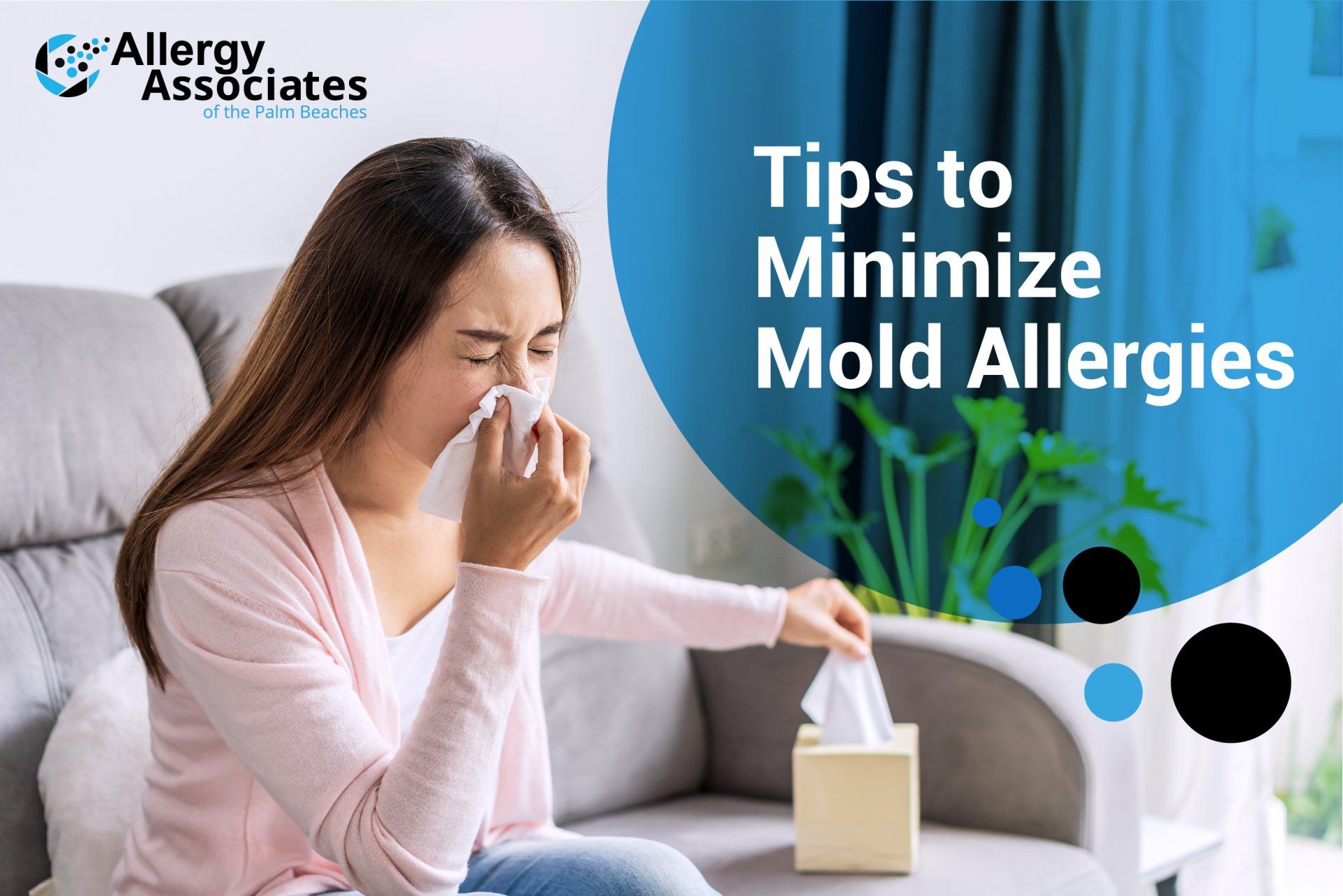
Mold allergies plague millions of Americans every year. It is a common problem in many homes and buildings. If you live in a moist environment, there's a chance you will develop mold allergies. This allergy causes a variety of symptoms that range from mild congestion to breathing problems. In this article, we will give you some tips on how to prevent mold allergies.
Mold Allergies: What You Should Know
Mold is a type of fungus that can be found almost anywhere, both indoors and out. It is actually the most common type of fungus you are likely to find. A mold allergy develops when mold spores become airborne. When you inhale microscopic mold spores in the air, your body treats them as foreign invaders and produces antibodies against them.
Although most molds are not harmful, they can cause serious health problems for some people, especially those who have asthma or allergic bronchopulmonary aspergillosis. Mold allergies may vary depending on the type of mold exposure and can occur seasonally or all year long.
Outdoors, mold is most prevalent in the fall and spring due to warm temperatures and high humidity. On the other hand, it can grow year-round in damp, dark, and warm areas indoors.
What Mold Allergies Feel Like
Mold spores enter your nasal passages and trigger allergy symptoms. In addition, they may affect the lungs and induce asthma. Mold exposure can cause an allergic reaction that is immediate or sometimes delayed. Those who live in areas where molds and mildew thrive and feel the symptoms listed below may have an allergy to mold spores.
- itchy watery eyes
- itchy nose
- sneezing
- runny nose or congested nose
- coughing
- wheezing
- shortness of breath
- hives
- throat or skin irritation
How is Mold Allergy Diagnosed?
To determine if you have a mold allergy, you must consult an allergy specialist. The doctor will run allergy testing tests like skin prick tests or blood tests. Then, a diagnosis will be based on the test results, symptoms, physical exam, your personal and family health history, activities that might expose you to allergies, and the environment you live in and work in.
Mold Allergies Treatment
The following methods are different ways on how to treat mold allergies:
- Avoid contact or exposure to mold
- Antihistamines and nasal steroids are available over-the-counter to relieve nasal or other allergic symptoms.
- Immunotherapy or allergy shots may also help reduce symptoms and medications over time.
- If you have allergic asthma, discuss with your doctor what medicines are most appropriate for you.
Here are Some Ways to Prevent Mold Allergy
The best way to avoid mold allergies is to have moisture control in your home and surroundings. Identifying mold growths and removing them from surfaces would be the first step. Mold will grow and reproduce on any wet surface. Check the following areas for mold:
- basement and attics
- refrigerator drip tray
- old books
- wallpapers, insulation, drywall
- bathroom and shower stall plus curtains
- washing machine and dryer
- garbage cans
- window sills
- under the sink cabinets
- house plants
- carpet and upholstery
- humidifiers
Prevention of Mold Allergy Outdoors
In the outdoors, mold can grow on leaves, trees, and decaying wood. Getting rid of mold from the outdoors is impossible, so it's best to close windows and avoid outdoor activities. Mold in the air is generally at its highest level during windy, dry days, when the wind carries mold spores from moist environments.
When you know you're going to be around molds, you may want to wear a mask. Wear it most especially during the spring and fall season. It will keep you from breathing in mold spores. In case you have mold exposure, you should take a shower right away, rinse your nose or use saline spray.
Prevention of Mold Allergy Indoors
You are more likely to reduce your exposure to mold by preventing mold and mildew from growing and spreading. To prevent mold from becoming a problem around your home, you can follow these steps:
- Be sure to fix any leaks in your roof, walls, and plumbing to prevent mold from growing.
- Install a HEPA (High-Efficiency Particulate Air) filter in your central air conditioning unit. This will help trap spores before they get to you.
- Get rid of any moldy carpet or drywall. A mold treatment contractor may be necessary if the mold is severe.
- Use household bleach or baking soda, vinegar, and water solution to clean visible mold and mildew.
- Use a dehumidifier. It helps prevent mold regrowth. You should reduce the amount of moisture in any area of your home that smells musty or damp. Mold can't grow in homes with humidity levels below 50%.
- Clean garbage containers and refrigerator drip pan regularly.
- If you're taking a bath or a shower, use an exhaust fan or open a window for ventilation
- Ensure that sinks and tubs are scoured at least monthly.
- Wash your clothes promptly, and do not leave damp, wet clothes lying around.
- Clean around the seals of the washer and do not leave wet clothes in it.
- Keep the laundry room well ventilated.
- You should dry the carpet immediately if it becomes wet from a leak or spill.
- Remove any papers, books, clothing, or bedding that may harbor mold spores.
- Use mold inhibitors to paint before painting walls and cabinets.
- Repair roof leaks and gutters as soon as possible. It is important to clean gutters to remove leaves and debris that could clog them, resulting in leaks.
- Don't carpet the attic, basement, and bathroom.
Avoid and Treat Mold Allergies
Having mold allergies can be very annoying. If you have persistent allergy symptoms or if your symptoms are not controlled, you should see an allergy specialist. Allergy Associates of The Palm Beaches can help you treat your allergy so you can live a better life. Call or (561) 626-2006 to schedule or book an appointment online with us today.
Allergy Associates of the Palm Beaches
Allergy Associates of the Palm Beaches | All Rights Reserved.



